We work with insurances. Verify yours now
Take Back Control at The Last Resort
Life skills therapy at The Last Resort in Austin offers a transformative approach to addiction recovery. By focusing on practical, everyday skills, this program empowers individuals to regain control of their lives and build a strong foundation for lasting sobriety.
Through personalized guidance and hands-on training, clients learn essential tools for managing stress, maintaining healthy relationships, and navigating daily challenges without relying on substances.
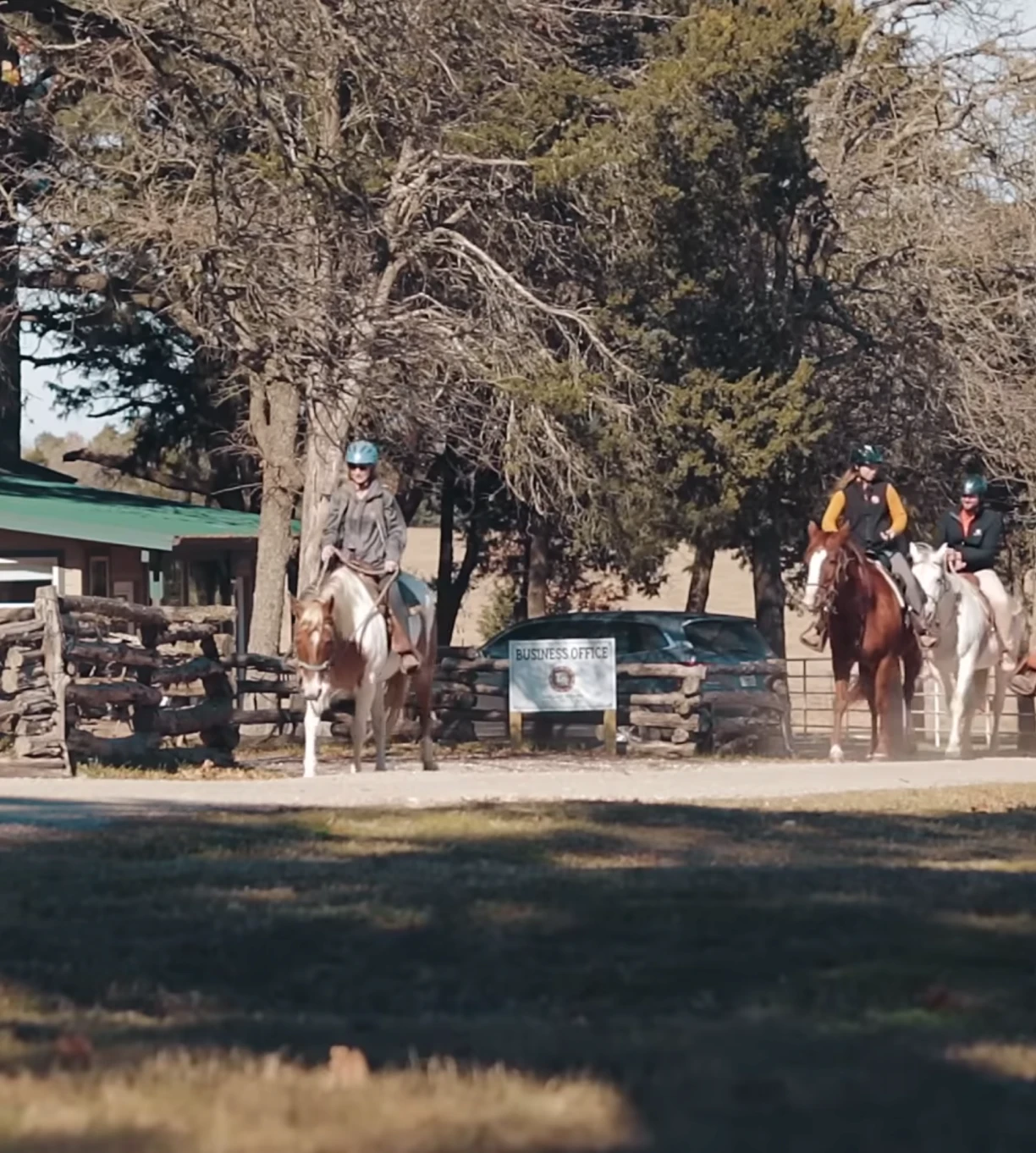

Life skills therapy for addiction is a comprehensive treatment approach that focuses on developing practical, everyday skills essential for maintaining sobriety and leading a fulfilling life in recovery.[1] This therapy recognizes that addiction often disrupts an individual’s ability to manage daily responsibilities and navigate life’s challenges effectively.
By addressing these fundamental skills, life skills therapy aims to empower you to regain control of your life and build a strong foundation for long-term recovery.
The therapy typically covers a wide range of areas, including personal hygiene, nutrition, financial management, time management, communication skills, stress management, and job readiness.[2] Participants learn how to create and maintain a structured daily routine, set achievable goals, and develop healthy coping mechanisms for dealing with triggers and cravings. Additionally, life skills therapy often incorporates lessons on building and maintaining healthy relationships, as well as techniques for effective problem-solving and decision-making.
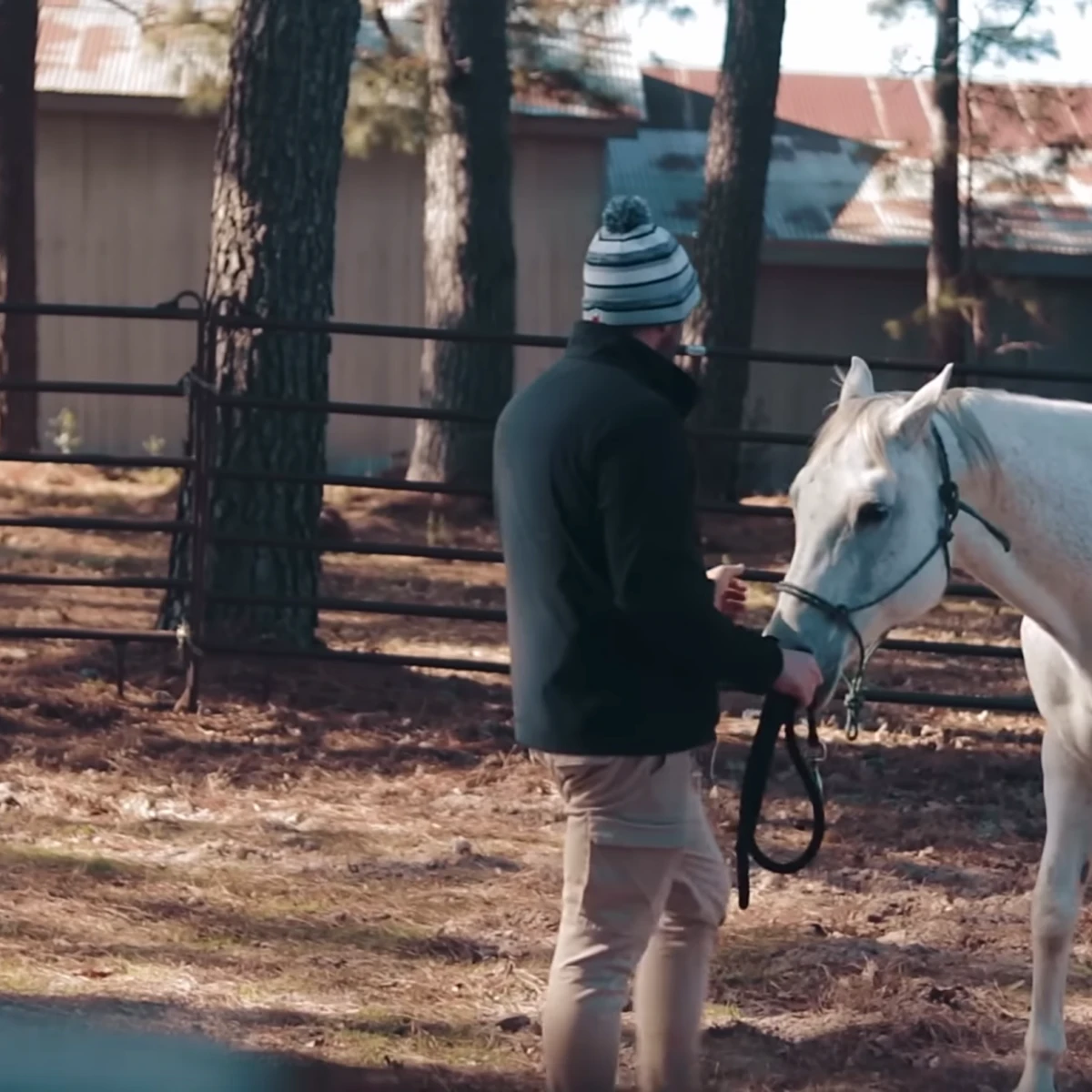
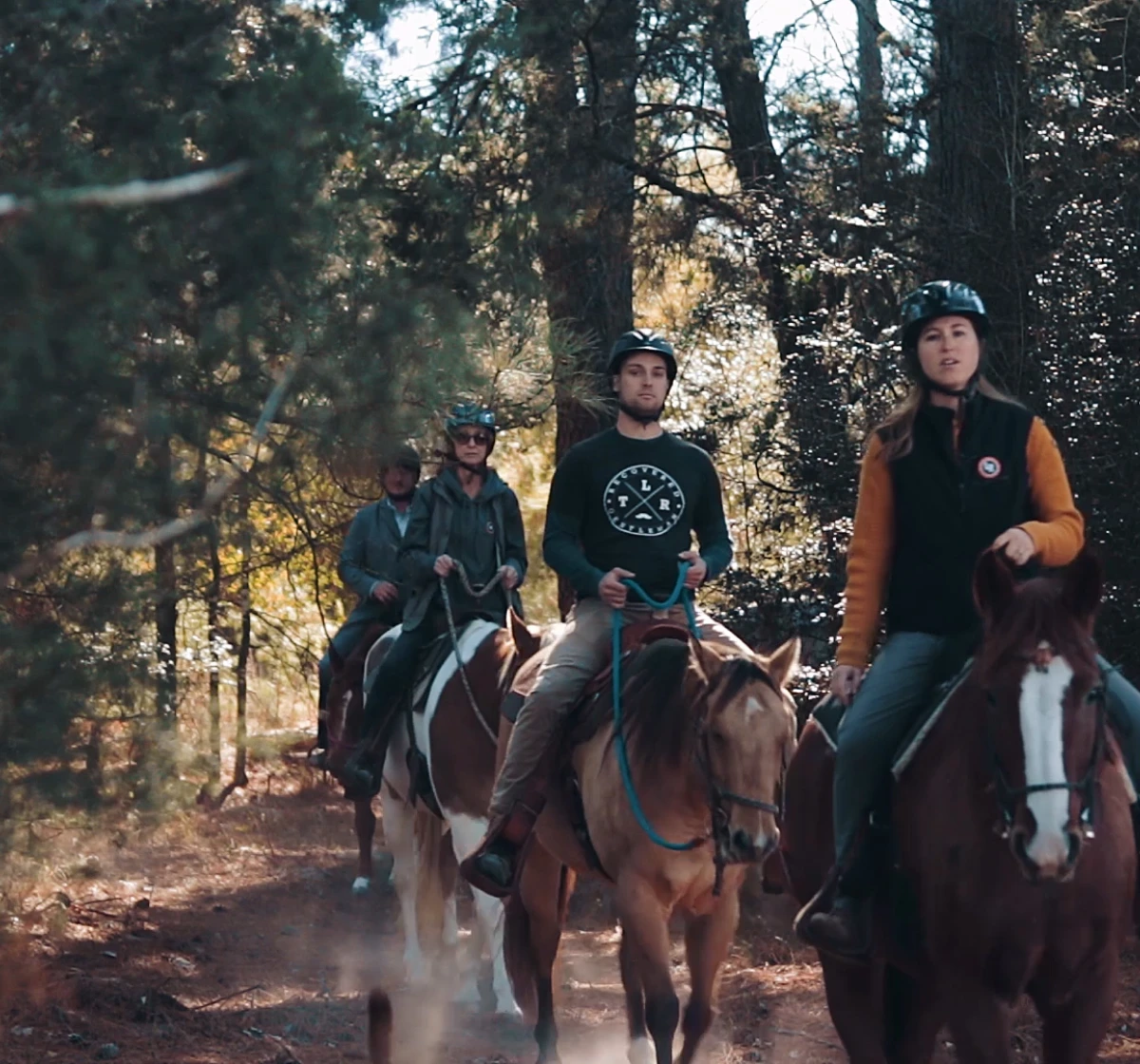
By focusing on these practical aspects of daily living, life skills therapy helps people in recovery bridge the gap between addiction treatment and successful, independent living. This approach not only supports sustained sobriety but also promotes overall well-being and self-sufficiency, enabling you to reintegrate into daily life with confidence and resilience.
Life skills therapy for addiction works by addressing the fundamental gaps in daily living skills that often accompany substance abuse disorders, along with teaching healthy communication skills in recovery:[3]
Many individuals struggling with addiction have neglected basic life skills. By focusing on these essential abilities, the therapy helps rebuild a sense of competence and self-efficacy.
Learning to manage daily tasks effectively reduces overall stress, which is a common trigger for substance use. This decreased stress contributes to a lower risk of relapse.
As clients master new skills, their confidence grows. This boost in self-esteem can be a powerful motivator for maintaining sobriety.
The skills learned are immediately applicable to daily life, providing tangible benefits that reinforce the value of recovery.
By addressing multiple aspects of an individual’s life, this therapy supports overall well-being, not just abstinence from substances.
Developing a structured daily routine helps fill the void left by addiction and provides a sense of purpose and stability.
Improved communication and relationship skills facilitate better social connections, reducing isolation often associated with addiction.
Learning to manage money responsibly can alleviate financial stress, a common relapse trigger.
By equipping individuals with practical skills, this therapy sets the stage for sustained recovery long after formal treatment ends.
Life skills therapy for addiction covers a wide range of practical skills essential for maintaining sobriety and leading a productive, fulfilling life:[4]
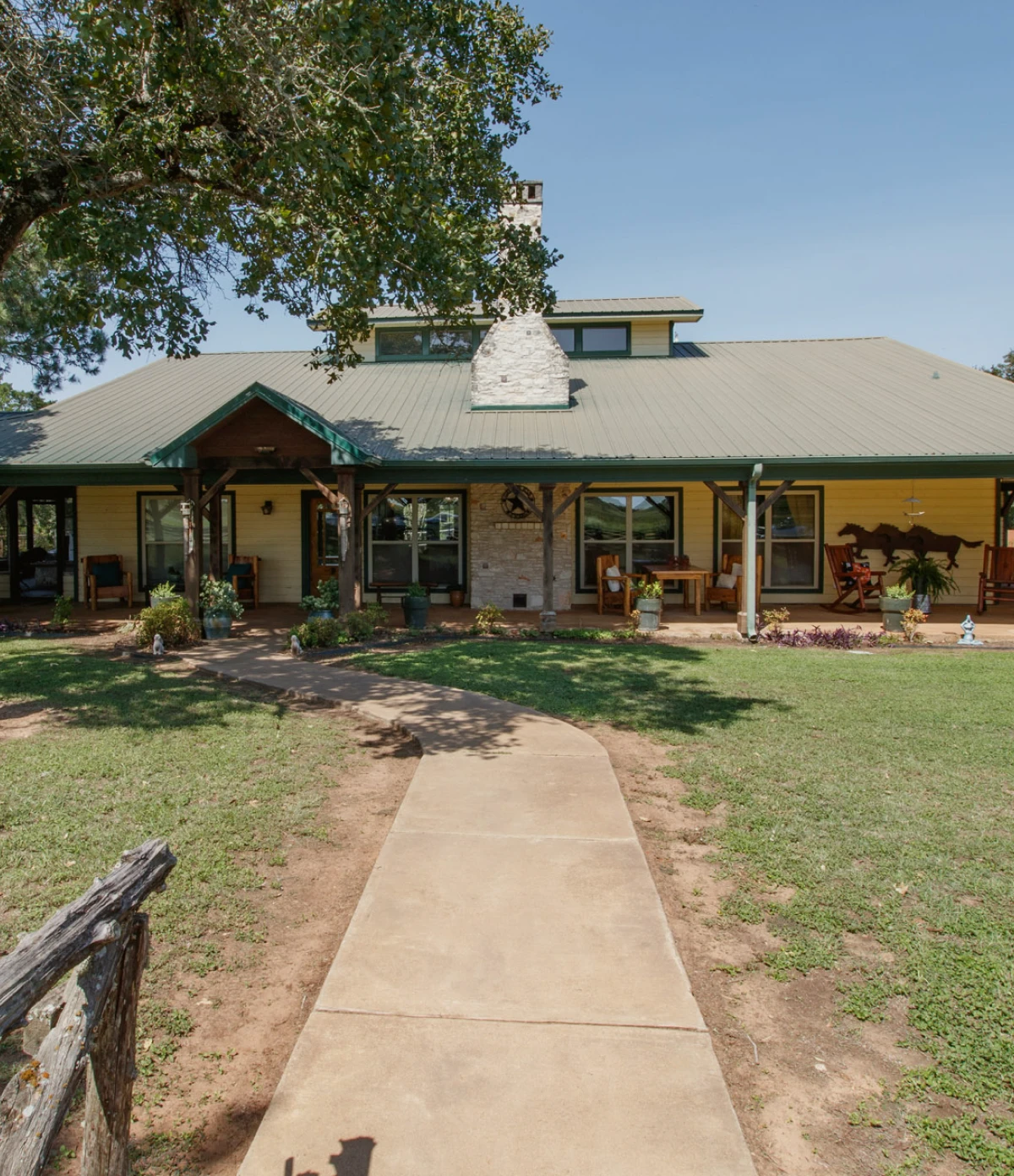
When you enter life skills therapy at The Last Resort, you’ll find yourself on a journey of personal growth and practical learning. From day one, you’ll be immersed in a supportive environment designed to help you rebuild the foundational skills necessary for a life free from addiction.
A significant portion of your therapy will involve hands-on practice. Rather than just discussing concepts, you’ll actively engage in activities that simulate real-life situations. This practical approach helps solidify your learning and builds confidence in handling everyday challenges.
Psychoeducation plays a crucial role in your treatment as well. You’ll gain a deeper understanding of addiction, its effects on your brain and behavior, and how developing life skills contributes to long-term recovery. This knowledge empowers you to make informed decisions about your health and well-being.
Alongside individual work, life skills group therapy sessions will be a key component of your experience as well. Here, you’ll have the opportunity to learn from peers, share your own insights, and practice your newly acquired skills in a safe, supportive setting. Many clients find these group interactions to be incredibly valuable, offering perspectives they hadn’t considered before.

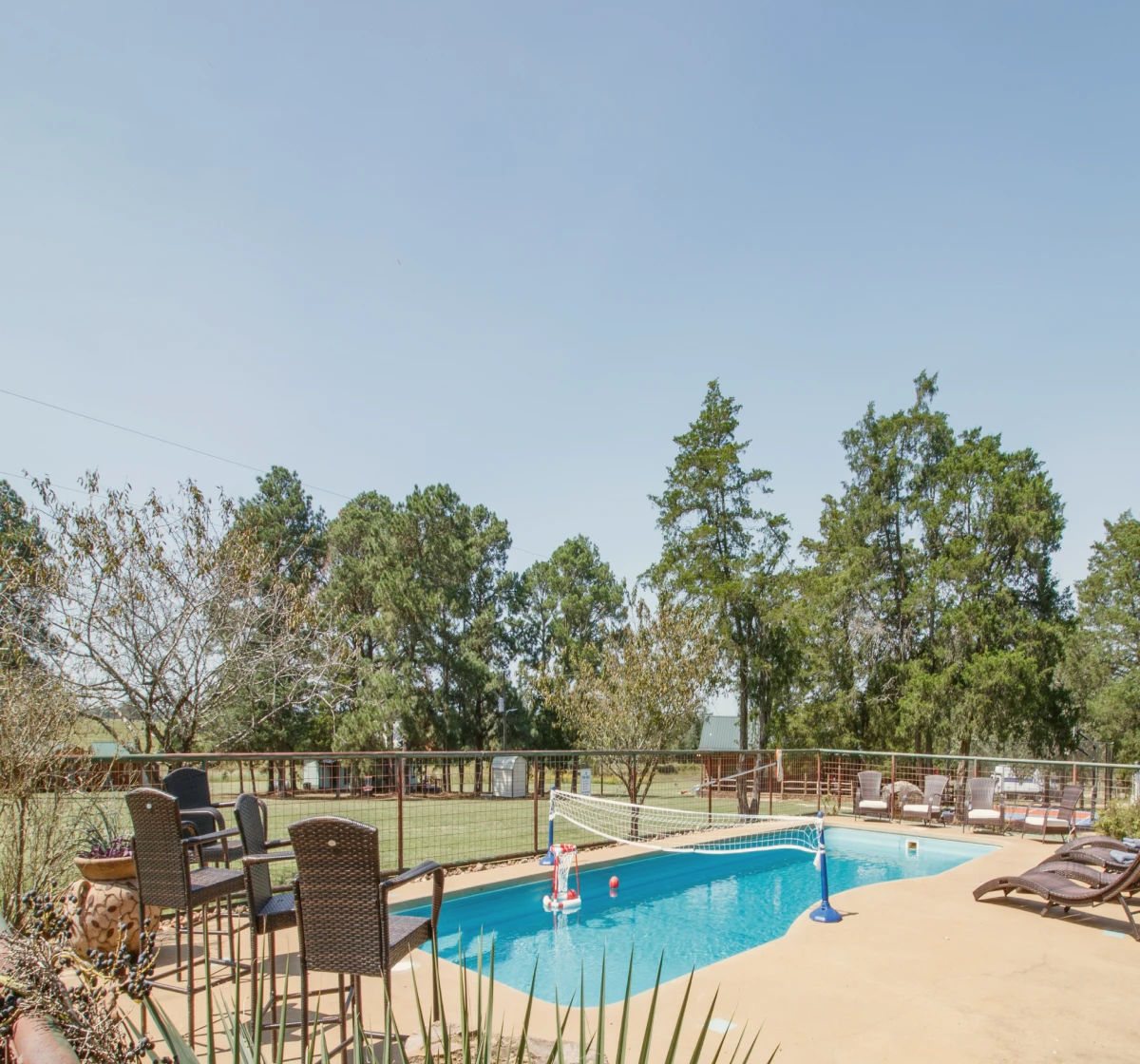
As you near the end of your treatment, the focus will shift towards relapse prevention and creating a sustainable plan for life after therapy. You’ll leave The Last Resort not just with newfound skills but with a comprehensive toolkit for navigating the challenges of everyday life while maintaining your sobriety.
Remember, the journey doesn’t end when you complete the program. The skills you learn in life skills therapy will continue to serve you long after you leave, providing a strong foundation for a fulfilling, substance-free life.
We know that sustainable sobriety extends far beyond abstinence from substances – it requires a complete rebuilding of daily living skills often neglected during active addiction. Our team will guide you through an immersive, practical curriculum designed to equip you with the tools necessary for navigating life’s challenges without relying on substances.
From personal care and financial management to communication skills and stress reduction techniques, you’ll engage in hands-on learning experiences that directly translate to real-world situations. We emphasize that learning life skills in recovery is more than “skill-building”; they also cultivate the confidence to apply them, fostering a sense of self-efficacy crucial for long-term recovery.
Remember, the journey doesn’t end when you complete the program. The skills you learn in life skills therapy will continue to serve you long after you leave, providing a strong foundation for a fulfilling, substance-free life.
Life skills therapy complements traditional addiction treatment methods by focusing on practical skills necessary for maintaining sobriety and leading a fulfilling life. While traditional treatments address the psychological and physiological aspects of addiction, life skills therapy equips individuals with essential abilities such as problem-solving, stress management, communication, and decision-making skills. These skills are crucial in navigating daily challenges and triggers that may lead to relapse.
Life skills therapy can benefit anyone in addiction treatment, regardless of the substance or behavior involved. It is particularly valuable for individuals who may lack fundamental life skills due to prolonged substance use or co-occurring mental health issues. It helps individuals build confidence, resilience, and self-reliance, promoting long-term recovery and improved quality of life.
The frequency of life skills therapy sessions can vary depending on individual needs and treatment plans. Initially, sessions may be more frequent, such as weekly or bi-weekly, to establish foundational skills and address immediate challenges. As progress is made, sessions may become less frequent, transitioning to a maintenance phase where skills are reinforced and applied in real-life situations. The goal is to equip individuals with the skills they need to independently manage their recovery journey.
Family involvement in life skills therapy sessions can be beneficial, especially in addressing communication, boundary-setting, and support systems. In some cases, family members may participate in specific sessions designed to educate and involve them in the recovery process. This can enhance understanding, improve relationships, and strengthen the overall support network crucial for sustained recovery.
Teaching life skills for recovering addicts often integrates strategies for managing co-occurring mental health issues alongside addiction recovery. Therapists may teach coping skills that address anxiety, depression, trauma, or other conditions that commonly accompany addiction. By enhancing emotional regulation, problem-solving, and interpersonal skills, life skills therapy helps individuals manage symptoms and improve overall well-being as part of a holistic treatment approach.
[1] Moshki, M., Hassanzade, T., & Taymoori, P. (2014). Effect of Life Skills Training on Drug Abuse Preventive Behaviors among University Students. International Journal of Preventive Medicine, 5(5), 577–583. https://www.ncbi.nlm.nih.gov/pmc/articles/PMC4050678/ on July 3, 2024
[2] Center for Substance Abuse Treatment. (2018). 2 Types of Groups Commonly Used in Substance Abuse Treatment. Nih.gov; Substance Abuse and Mental Health Services Administration (US). https://www.ncbi.nlm.nih.gov/books/NBK64214/ on July 3, 2024
[3] Tuttle, J., Campbell-Heider, N., & David, T. M. (2006). Positive Adolescent Life Skills Training for High-Risk Teens: Results of a Group Intervention Study. Journal of Pediatric Health Care, 20(3), 184–191. https://www.ncbi.nlm.nih.gov/pmc/articles/PMC3074485/ on July 3, 2024
[4] Module 2: Types of Groups Used in Substance Abuse Treatment Based on material in Chapter 2 of TIP 41, Substance Abuse Treatment: Group Therapy. (n.d.). https://store.samhsa.gov/sites/default/files/tip41_mod2_0.pdf on July 3, 2024
Our admission specialists are ready to talk with you 24/7 about starting the journey. We always treat each caller with the utmost respect, detailing your treatment options and respecting your confidentiality.
Based on your assessment, we’ll work together to create a customized treatment plan that addresses your needs, ensuring you have the support and resources necessary to achieve your goals.
The Last Resort is in-network with most major insurance companies. Fill out the form below to verify your healthcare coverage within the hour.
We’ll welcome you to our campus and start laying the groundwork for a successful, long-term recovery.